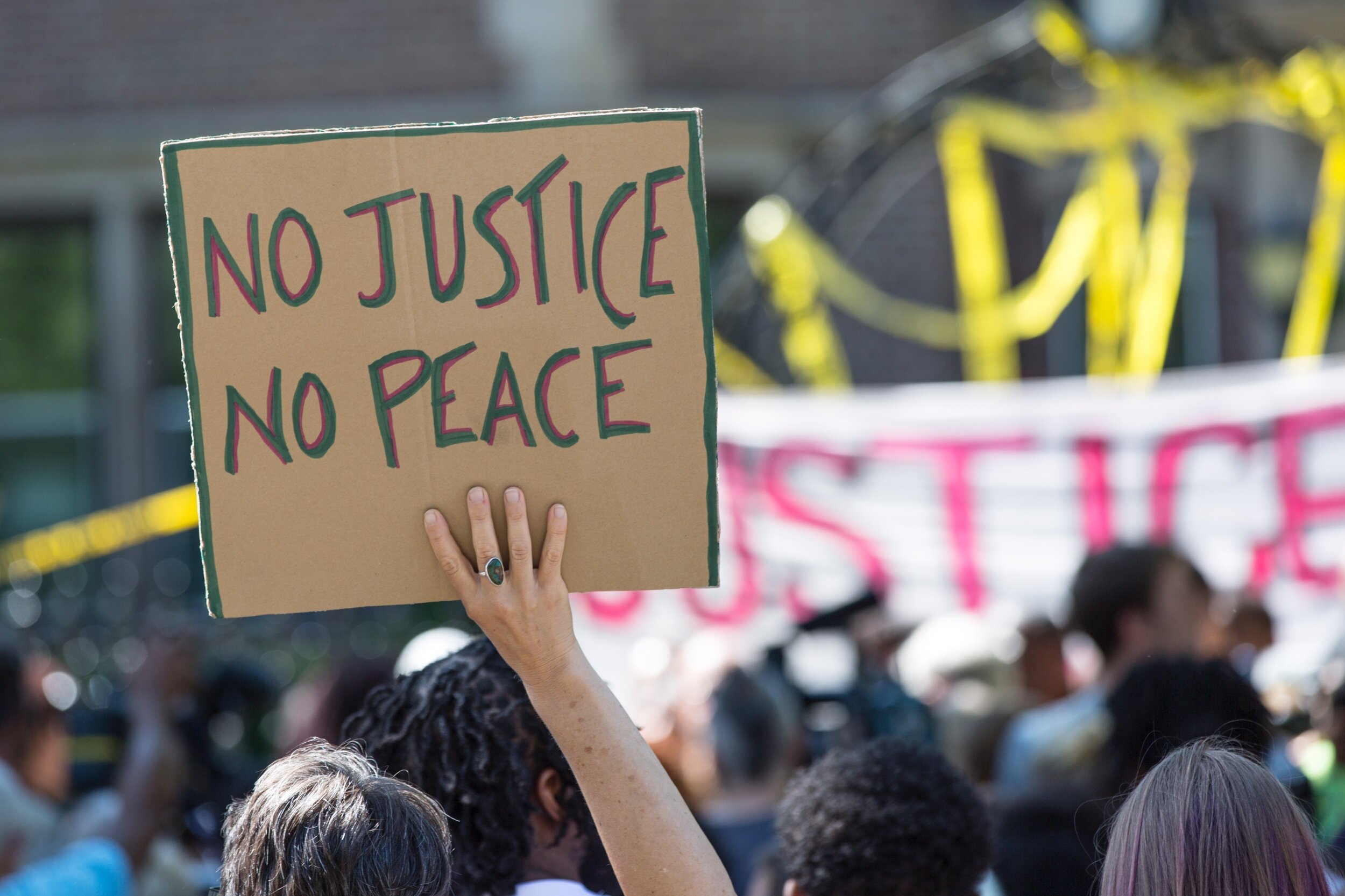The Church With the World: Matthew 25.31-46
Matthew 25 is one of the most debated chapters in the gospels. Verses 31-46 are perhaps the most critical. There is a plethora of commentary on the chapter, current and historical. To side with a school of thought for a sermon simply ignores the history of controversy with the text. I think it is important to begin any preaching consideration of the text by affirming that as we wait for the Kingdom of Heaven to be realized, the challenge is to engage in ethical and committed work and witness.
Whichever be the approach to the preaching or teaching about this text I suggest there is one element that is most complex and vital - the element of surprise. The text says that both groups will respond to the judgment by saying, “Lord, when did we see you hungry and feed you, or thirsty and give you a drink? When did we see you as a stranger and welcome you, or naked and give you clothes to wear? When did we see you sick or in prison and visit you?’” (37-39 and 44 paraphrased, CEB) No one seems to know the criteria for judgment. Whether they did or not do what the Child of Humanity mentioned, no one acted as if in preparation to have their character be on trial, much less one with eternal repercussions. It is from this problematizing of the surprise of the peoples of the world in the lesson that I suggest we should embrace the challenge to be in active expectation of the realization of the Realm of Heaven.
Hunger and malnutrition, xenophobia, poverty, sickness, social exclusion, and political disenfranchisement are issues present in human affairs since before history was recorded. Based on political and philosophical ideology there has been, is, and will always be those who will blame the dispossessed of their circumstance. They will see a need to separate (even to shun) the marginalized from the centers of social and political creativity in order to facilitate development for those who exclude, to provide a guilt-free space for not having to think about those they have created as other. What is interesting is that the shunning are the few and the shunned are the many.
So what about the waiting, the expecting? Ministries that provide food, clean water, sanctuary and refuge, and chaplaincy are important pastoral activities of the Church. However, the surprise expressed by the judged nations in the lesson is a call for actions that encourage and promote justice, peace, harmony, respect, and wellbeing for all! These are not task lists to find a favorable judgment. The text calls us to return to a basic premise of the gospel message, “you should treat people in the same way that you want people to treat you; this is the Law and the Prophets.” (7.12). As simple as that. It is about minding the crowds that are “troubled and helpless, like sheep without a shepherd.” (9.36). It is about remembering that those of us who have known the gift of grace did so because we were once troubled and helpless, and we experienced acts of justice, peace, solidarity, love, and salvation.
God will deal with everything in the end. In the meantime let’s be the Church with the world.
*A revised commentary shared originally with WorkingPreacher.org
picture by Lorie Shaull in St Paul, MN
